Search Our Whole site:
Just Search: Indonesia
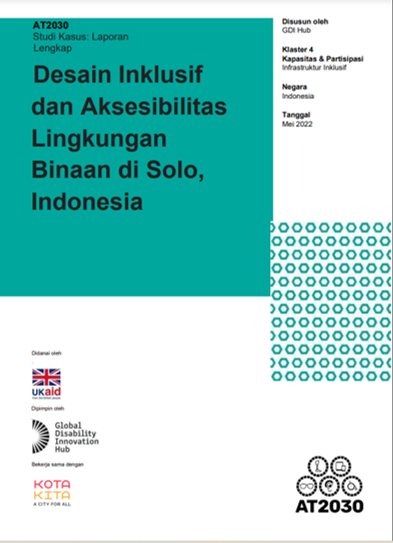
Inclusive Infrastructure Case Study Solo Indonesia written in Bahasa Indonesia
The third case study as part of the Inclusive Infrastructure programme on Solo, Indonesia. This is the Bahasa Indonesia version of the report. This case study builds a picture of the current state of inclusion and accessibility in the built environment and infrastructure in Solo through engaging local stakeholders and communities and exploring the understanding of and potential for inclusive design to address some of the current barriers to inclusion.
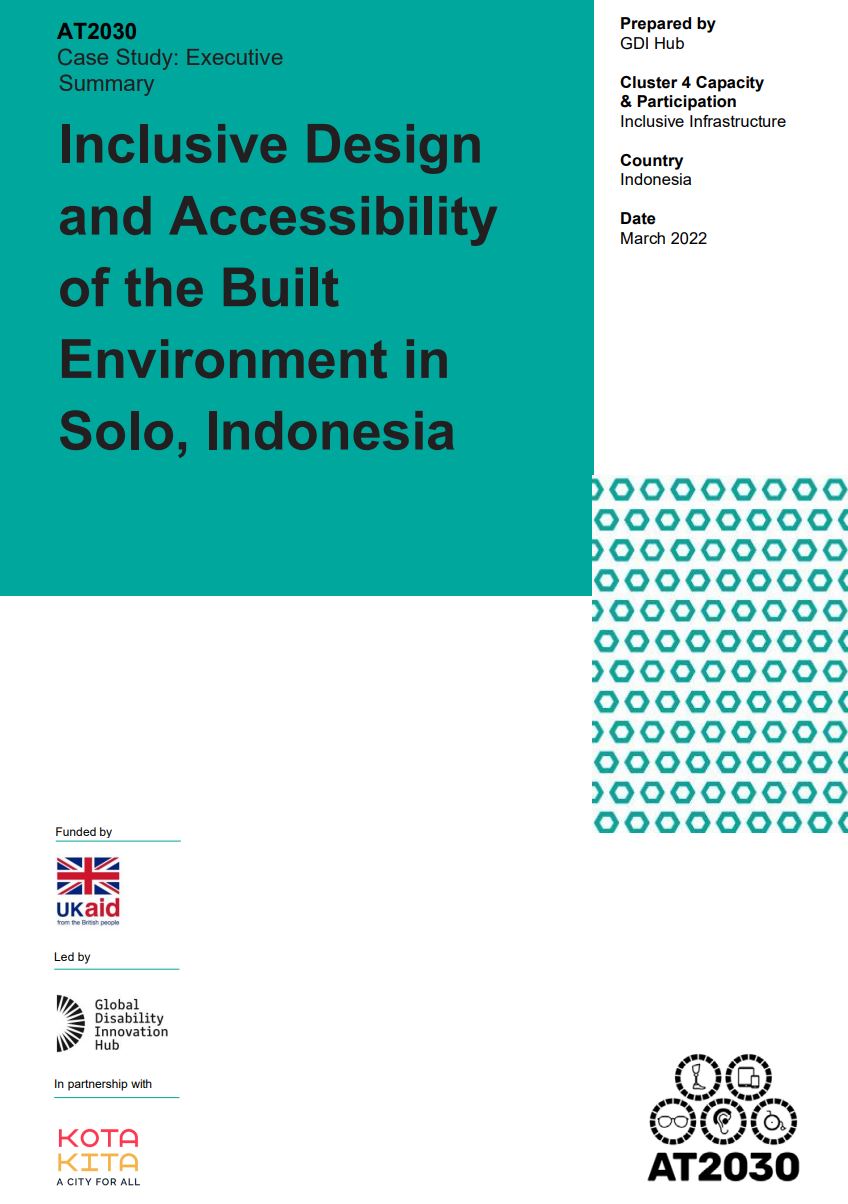
Inclusive Design and Accessibility of the Built Environment in Solo, Indonesia
The third case study as part of the Inclusive Infrastructure programme on Solo, Indonesia. This case study builds a picture of the current state of inclusion and accessibility in the built environment and infrastructure in Solo through engaging local stakeholders and communities and exploring the understanding of and potential for inclusive design to address some of the current barriers to inclusion.
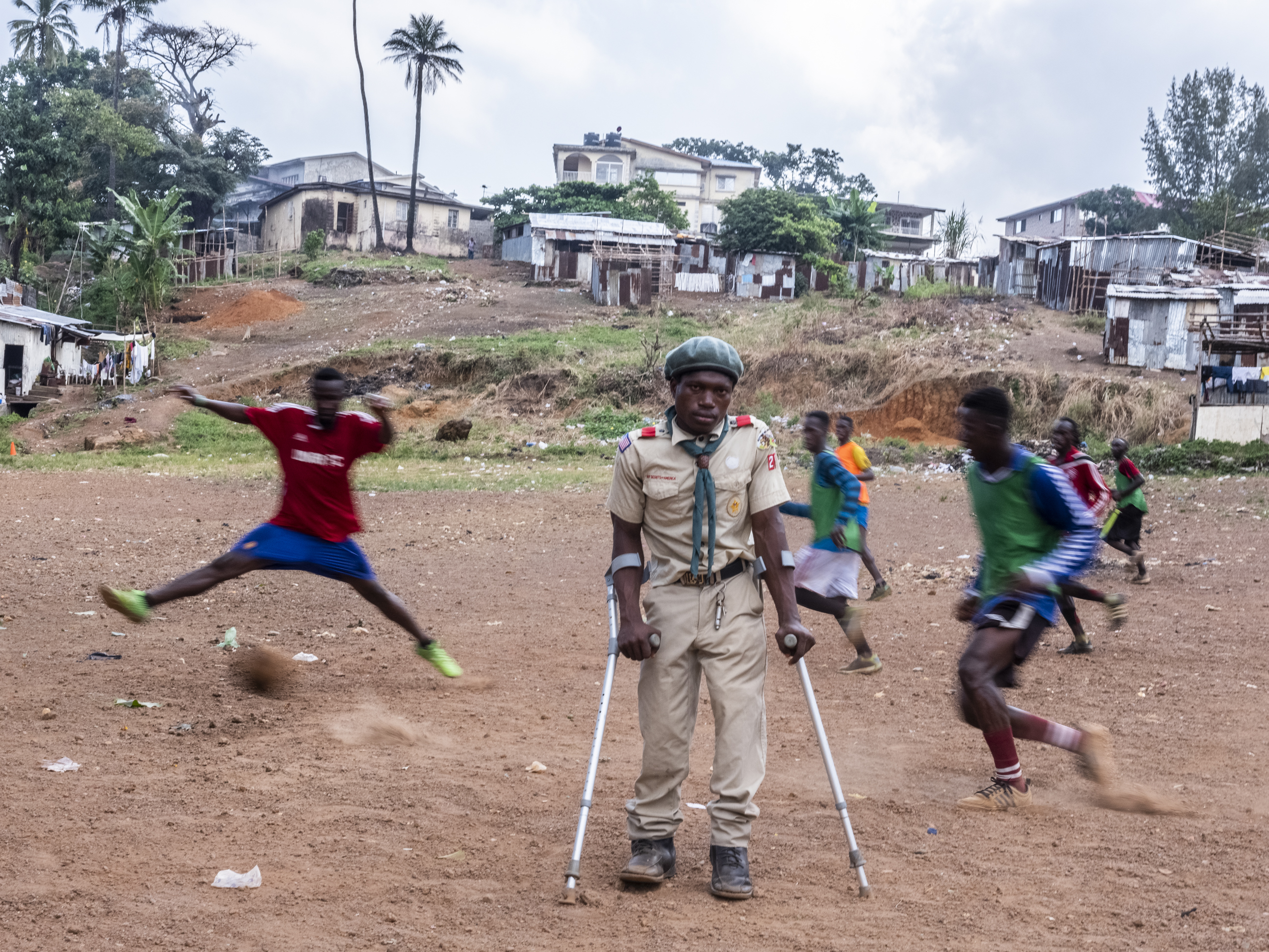
International Day of Persons with Disabilities in informal settlements in Sierra Leone and Indonesia
The 3rd of December is the International Day of Persons with Disabilities. We reflect on this year’s theme “Building Back Better: toward a disability-inclusive, accessible and sustainable post COVID-19 World” through DPU’s research “AT2030: Community led solutions” in informal settlements Sierra Leone and Indonesia.
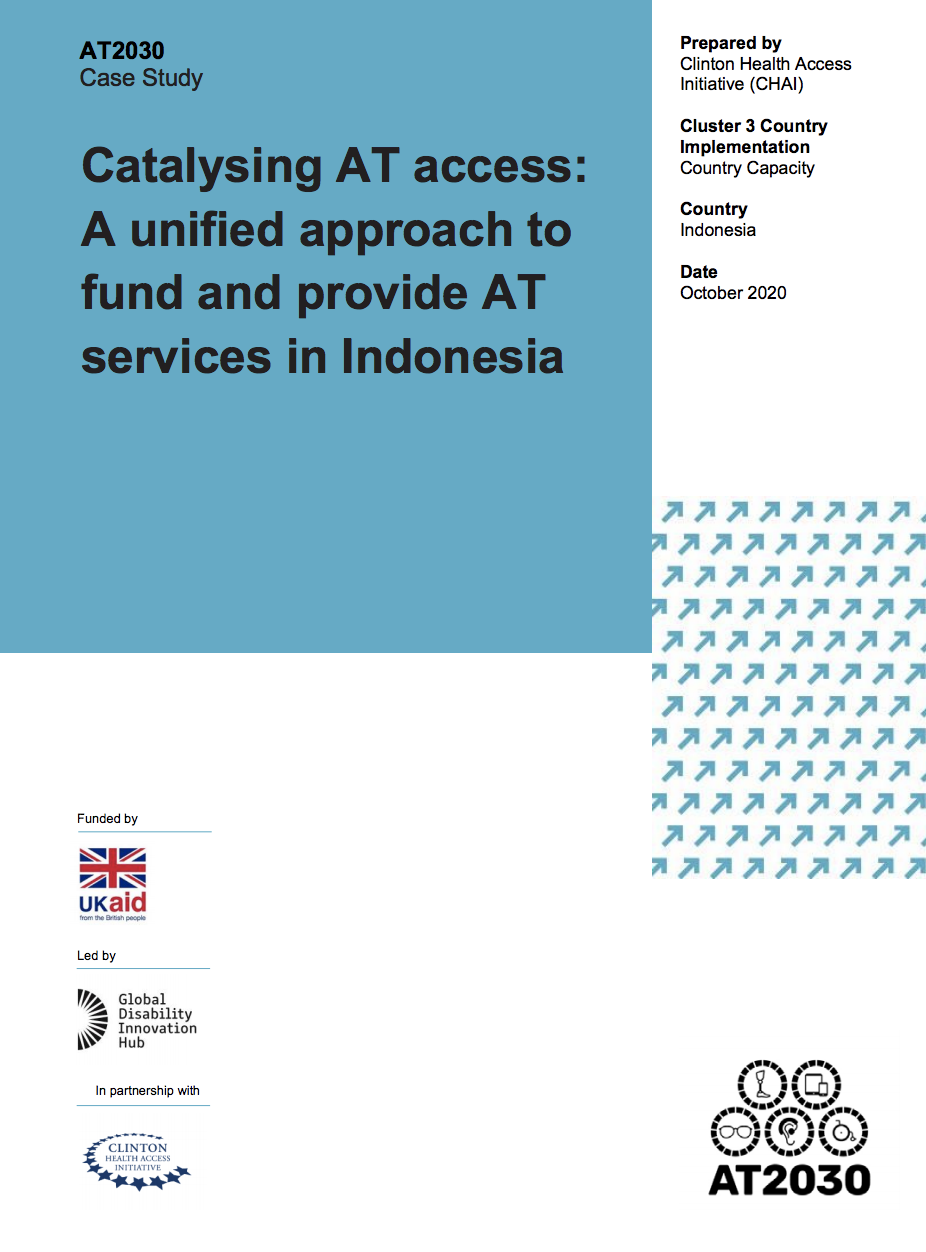
Catalysing AT access: A unified approach to fund and provide AT services in Indonesia
Under Cluster 3: Country Implementation of the AT2030 programme, AT2030 partners are working with country governments to identify opportunities to drive availability and affordability of AT. CHAI and the AT2030 programme published a case study on how a new coordinating mechanism within Indonesia is catalysing access to AT within the country.
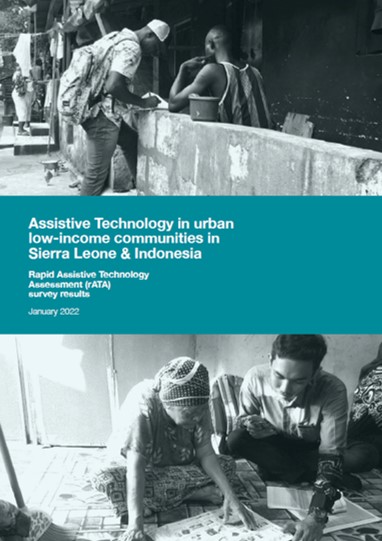
Assistive Technology in urban low-income communities in Sierra Leone & Indonesia
A new report presenting the findings from surveys in five urban low-income communities in Sierra Leone and Indonesia using the rapid Assistive Technology Assessment (rATA) tool.
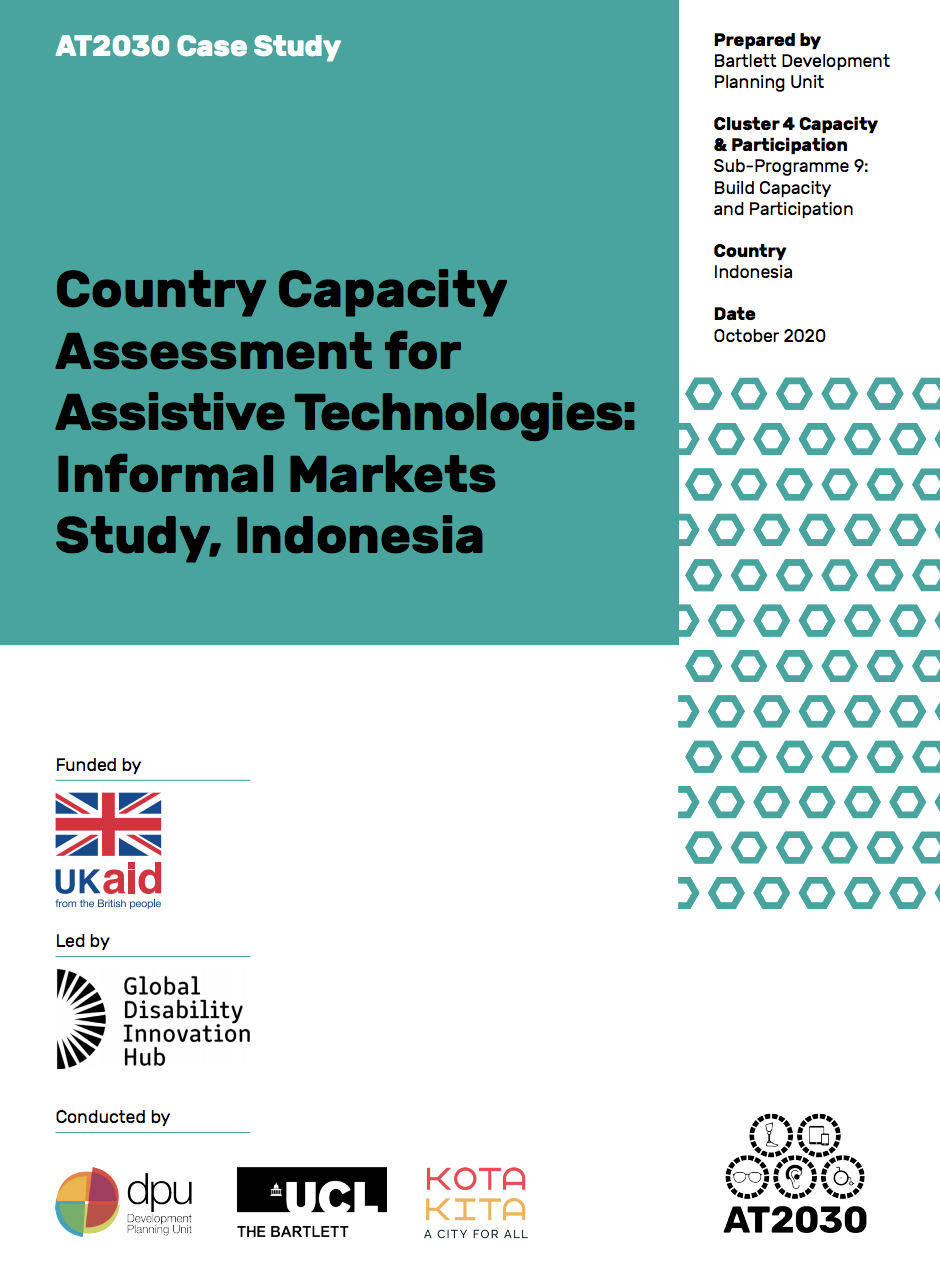
Country Capacity Assessment for Assistive Technologies: Informal Markets Study, Indonesia
This study was conducted as part of the AT2030 Research Programme, funded by the FCDO and delivered by the Global Disability Innovation Hub (GDI Hub). It was carried out by a team from the Indonesian NGOs Kota Kita and Kaki Kota, and from the Development Planning Unit (DPU) of University College London (UCL).
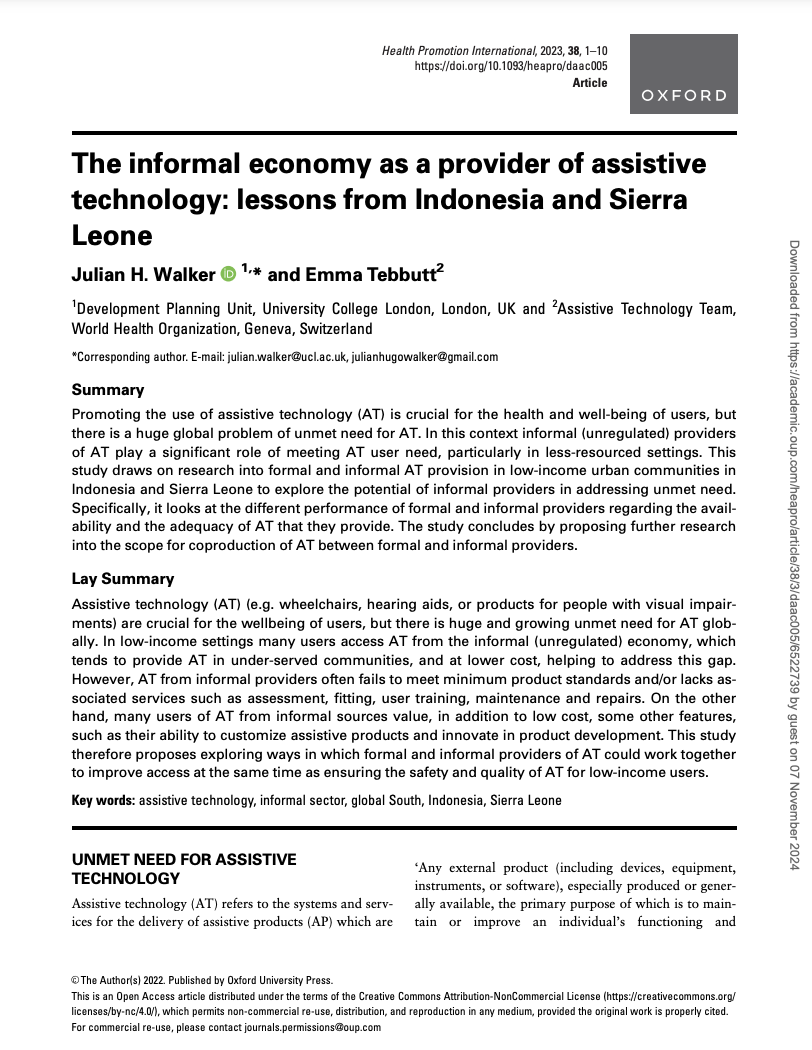
The informal economy as a provider of assistive technology: lessons from Indonesia and Sierra Leone
Assistive technology (AT) (e.g. wheelchairs, hearing aids, or products for people with visual impairments) are crucial for the wellbeing of users, but there is huge and growing unmet need for AT globally. In low-income settings many users access AT from the informal (unregulated) economy, which tends to provide AT in under-served communities, and at lower cost, helping to address this gap. However, AT from informal providers often fails to meet minimum product standards and/or lacks associated services such as assessment, fitting, user training, maintenance and repairs. On the other hand, many users of AT from informal sources value, in addition to low cost, some other features, such as their ability to customize assistive products and innovate in product development. This study therefore proposes exploring ways in which formal and informal providers of AT could work together to improve access at the same time as ensuring the safety and quality of AT for low-income users.
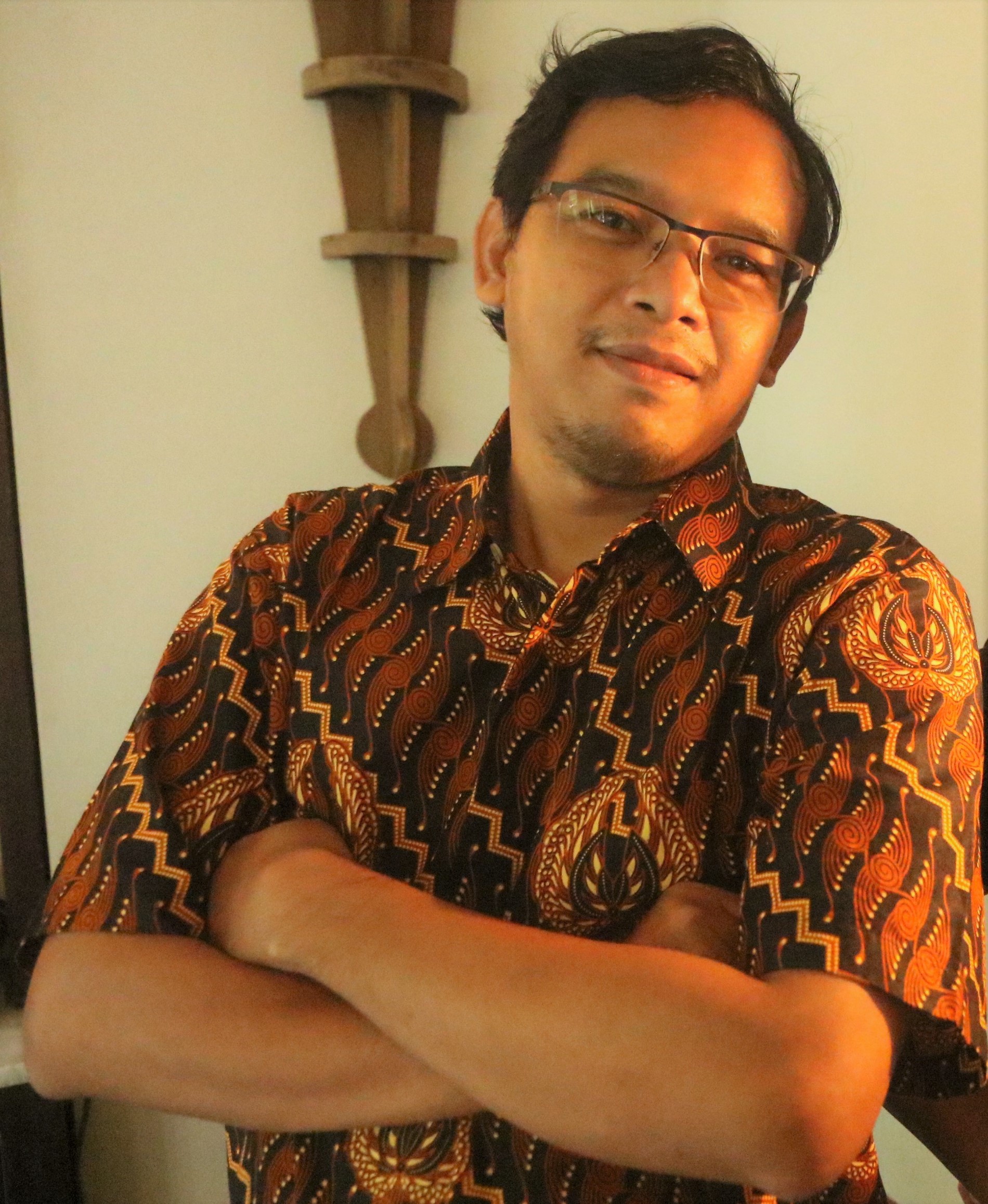
Championing Assistive Technology in Indonesia’s new National Commission for Disabilities
An impact story introducing Eka Prastama Widiyanta - one of the seven members of the newly established National Commission for Disabilities (KND) in Indonesia, for the 2021-2026 period. December 2021 has marked a new milestone for persons with disabilities in Indonesia. President Joko Widodo appointed seven members of the newly established National Commission for Disabilities (KND) for the 2021-2026 period. Eka Prastama Widiyanta, former programme officer for CHAI under the AT2030 programme in Indonesia, was appointed as one of the country’s seven KND Commissioners.
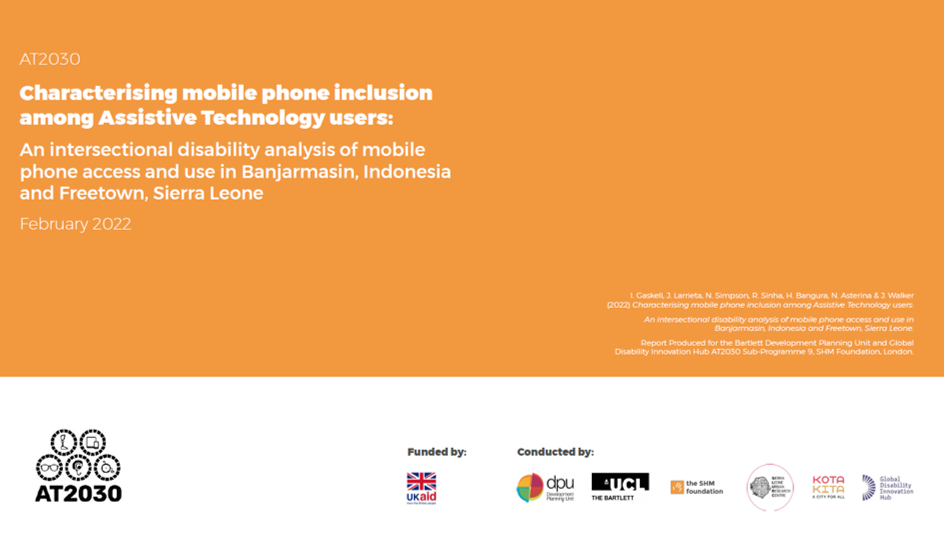
Characterising mobile phone inclusion among Assistive Technology users
Characterising mobile phone inclusion among Assistive Technology users: An intersectional disability analysis of mobile phone access and use in Banjarmasin, Indonesia and Freetown, Sierra Leone This report shares the findings of research conducted in five informal settlements across the cities of Banjarmasin, Indonesia and Freetown, Sierra Leone, in 2020- 2021 as part of the AT2030 Project (AT2030 SP9).
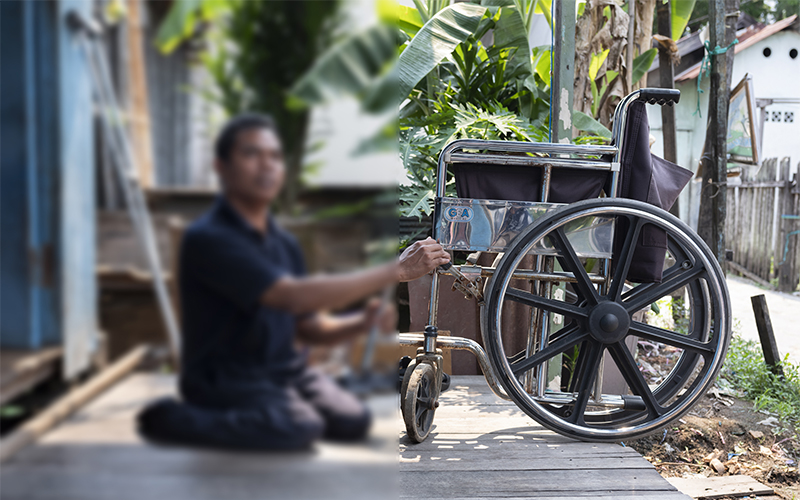
AT2030: Community led solutions. Assistive Technologies in Informal Settlements in Sierra Leone and Indonesia
Find out more about the AT2030 sub-programme focusing on how disabled and older people in informal settlements in Banjarmasin (Indonesia) and Freetown (Sierra Leone) are able to achieve their aspirations, and the role that Assistive Technologies play in their strategies to do so.
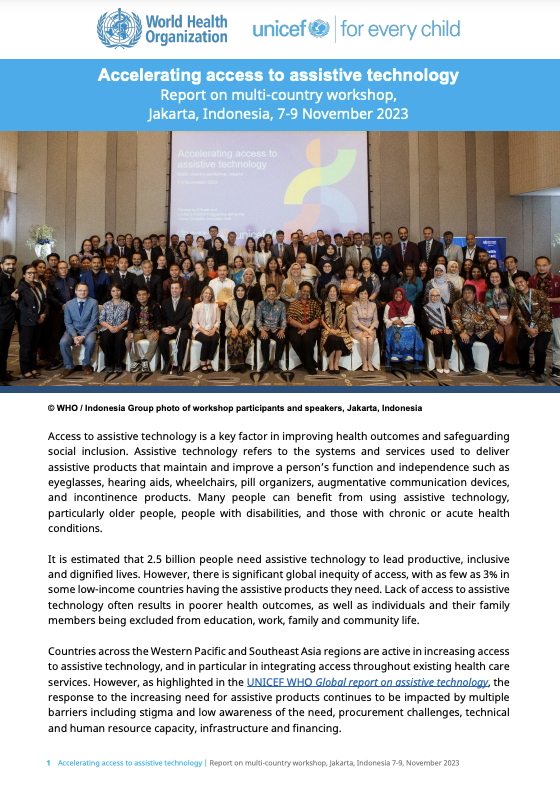
Accelerating access to assistive technology: report on multi-country workshop, Jakarta, Indonesia
This report presents the outcomes of the multi-country workshop held on 7-9 November 2023, in Jakarta, Indonesia, to accelerate access to assistive technology in the Western Pacific and Southeast Asia regions. Organized by the World Health Organization (WHO) and UNICEF, the workshop gathered 106 participants from 15 countries in partnership with the Government of Indonesia.
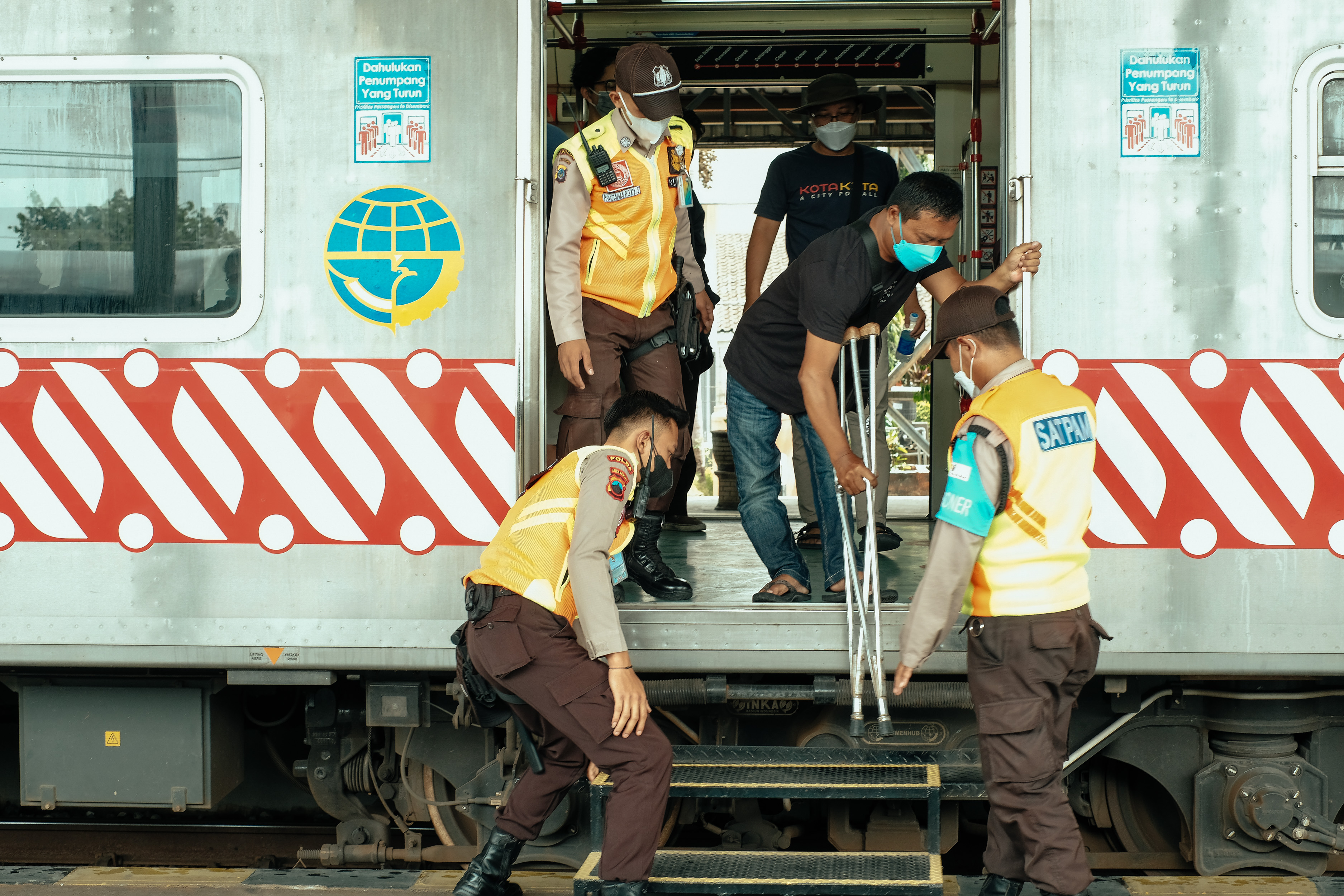
Celebrating the launch of the findings of AT2030’s sub-programmes in Indonesia. From Citizens to Cities: Participatory Approaches to Building Disability-Inclusive Cities
The Kota Kita Foundation (Kota Kita), Global Disability Innovation Hub (GDI Hub) and University College London (UCL) held an event to launch the findings from the ‘Inclusive Infrastructure’ and ’Build Capacity and Participation‘ sub-programmes of the FCDO-funded AT2030 programme, from the AT2030 Initiatives in Surakarta and Banjarmasin, Central Java, Indonesia.
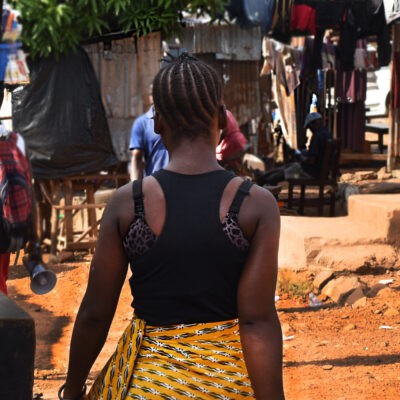
Gender and disability in informal settlements during COVID-19: What we have learnt so far
On Tuesday 11th February, we held an event on The Politics of Making Disability Visible in Community-led Urban Research as part of the Dialogues in Development series at The Bartlett Developing and Planning Unit (UCL). The aim of the event was to share reflections and learnings from the action-research project "Community-led solution: Assistive Technologies in Informal Settlements– an ongoing research project in four low-income urban communities: two in Freetown, Sierra Leone and two in Banjarmasin, Indonesia. Dr Ignacia Ossul Vermehren discussed gender and disability in informal settlements during COVID-19. and sheds a light on what we've learnt so far.
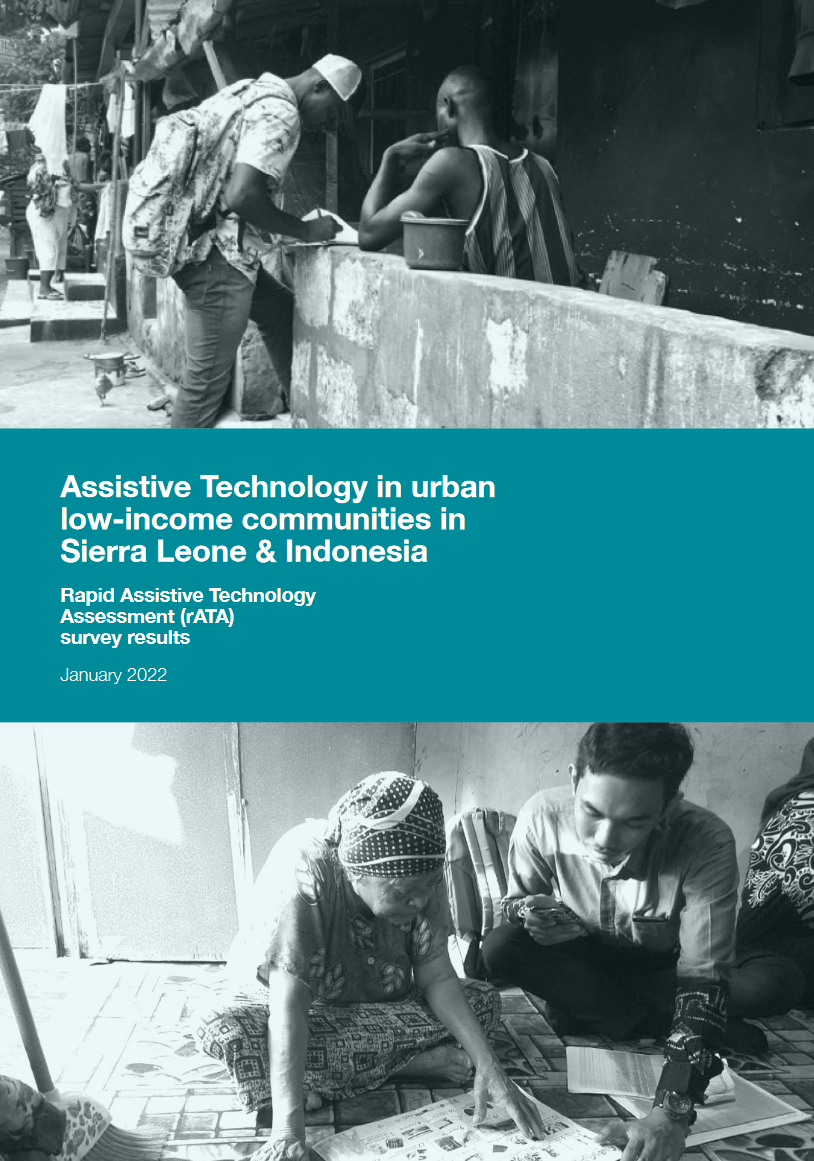
Assistive Technology in urban low-income communities in Sierra Leone and Indonesia: Rapid Assistive Technology Assessment (rATA) survey results
The findings from the surveys presented in this report give a unique insight into disability prevalence and access to AT in five urban low-income communities in Sierra Leone and Indonesia.
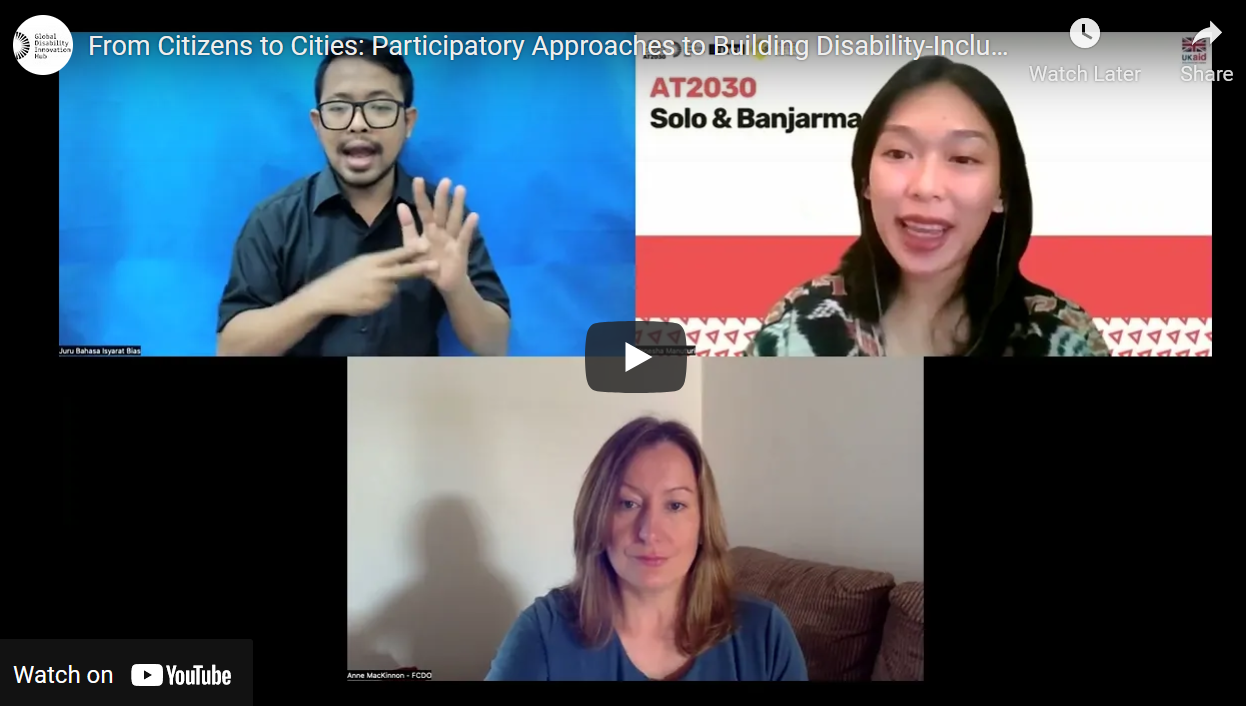
Digital Launch Inclusive Design and Accessibility of the Built Environment in Solo Indonesia
GDI Hub and Kota Kita are pleased to showcase the digital launch of the third case study as part of the Inclusive Infrastructure programme on Solo, Indonesia. Watch the launch in English or Indonesian.
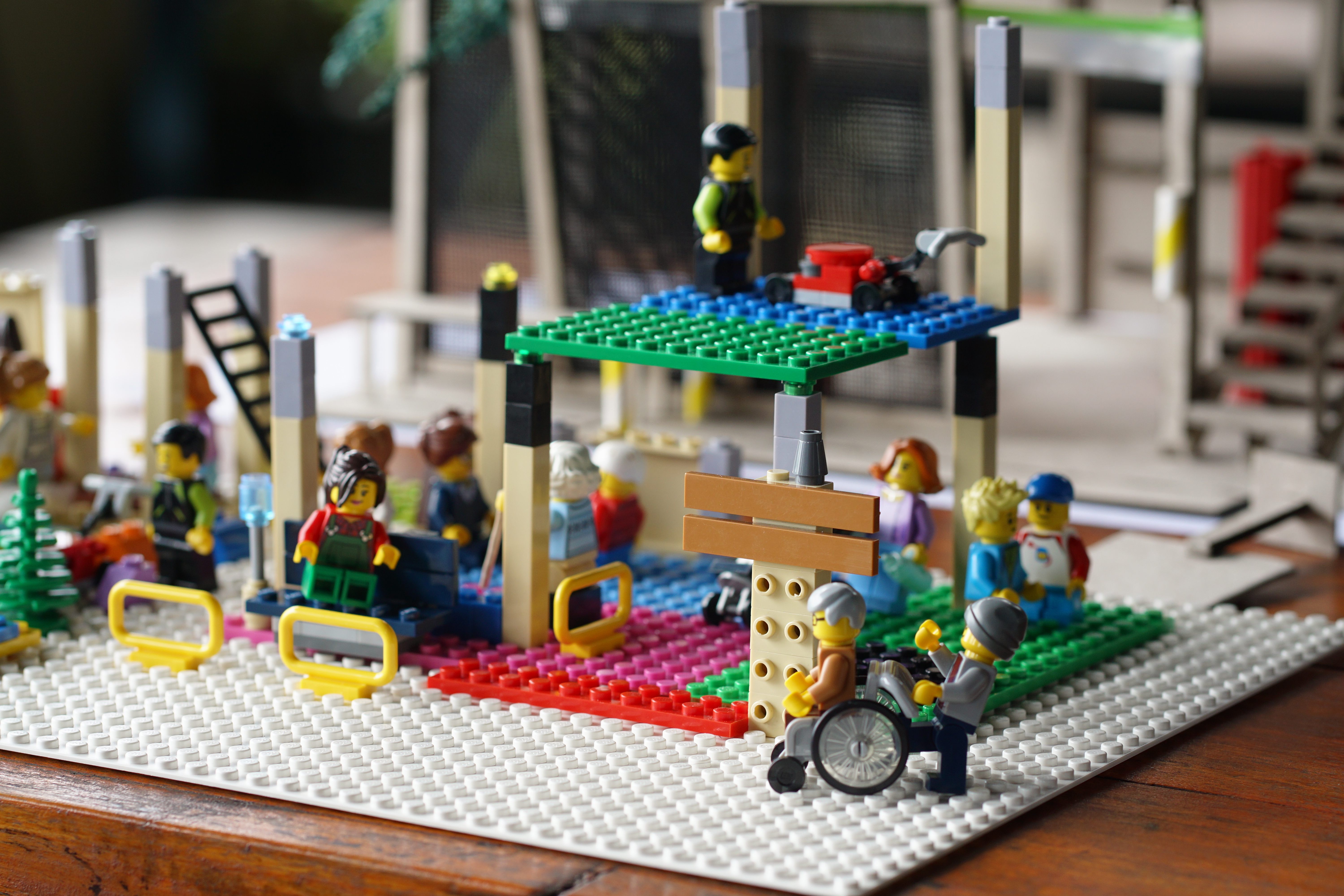
Video: Inclusive Public Space in Pelambuan
Community initiative of an inclusive design project in Pelambuan, Indonesia. The initiative was built on the shared aspirations identified by research participants for inclusive public spaces. Being part of the design process was cited by participants as an important knowledge sharing and learning experience.
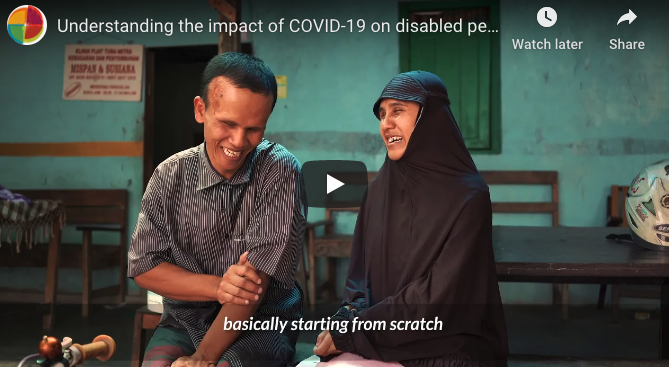
Video: Understanding the impact of COVID-19 on disabled people's daily lives
As we prepare to celebrate International Day of Persons with Disabilities as part of the action research “AT2030: Community led solutions”, we reflect on this year’s theme, “Building Back Better: toward a disability-inclusive, accessible and sustainable post COVID-19 World”.
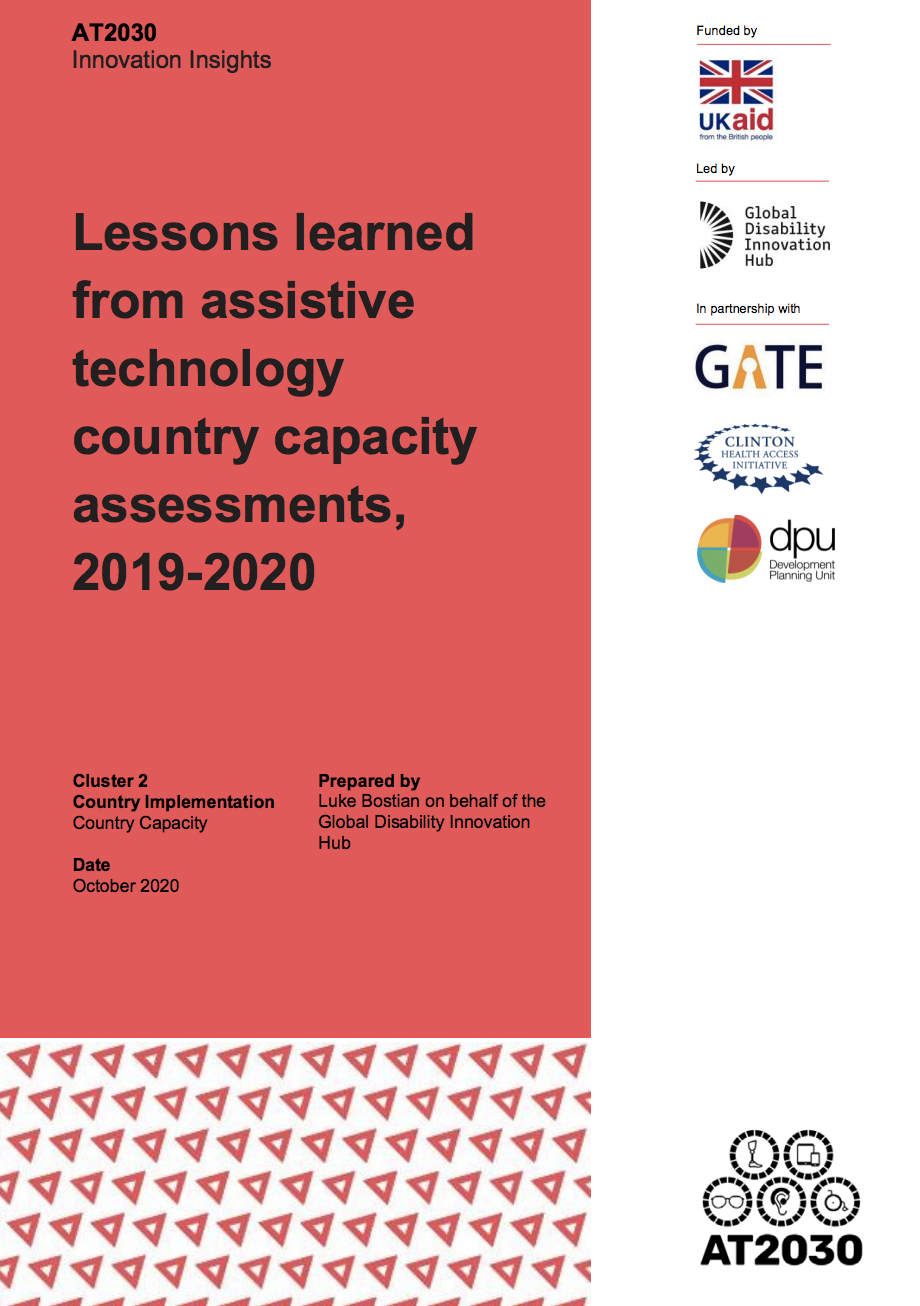
Lessons learned from assistive technology country capacity assessments 2019/2020
The purpose of the CCAs is to “capture a high-level understanding of the often-fragmented AT sector in a country or region,” helping raise awareness about AT gaps and opportunities and contributing to advocacy and policy and program development. One year after the first CCAs began, GDI Hub commissioned research into lessons learned so far and recommendations for how the tool and process might be improved in the future.
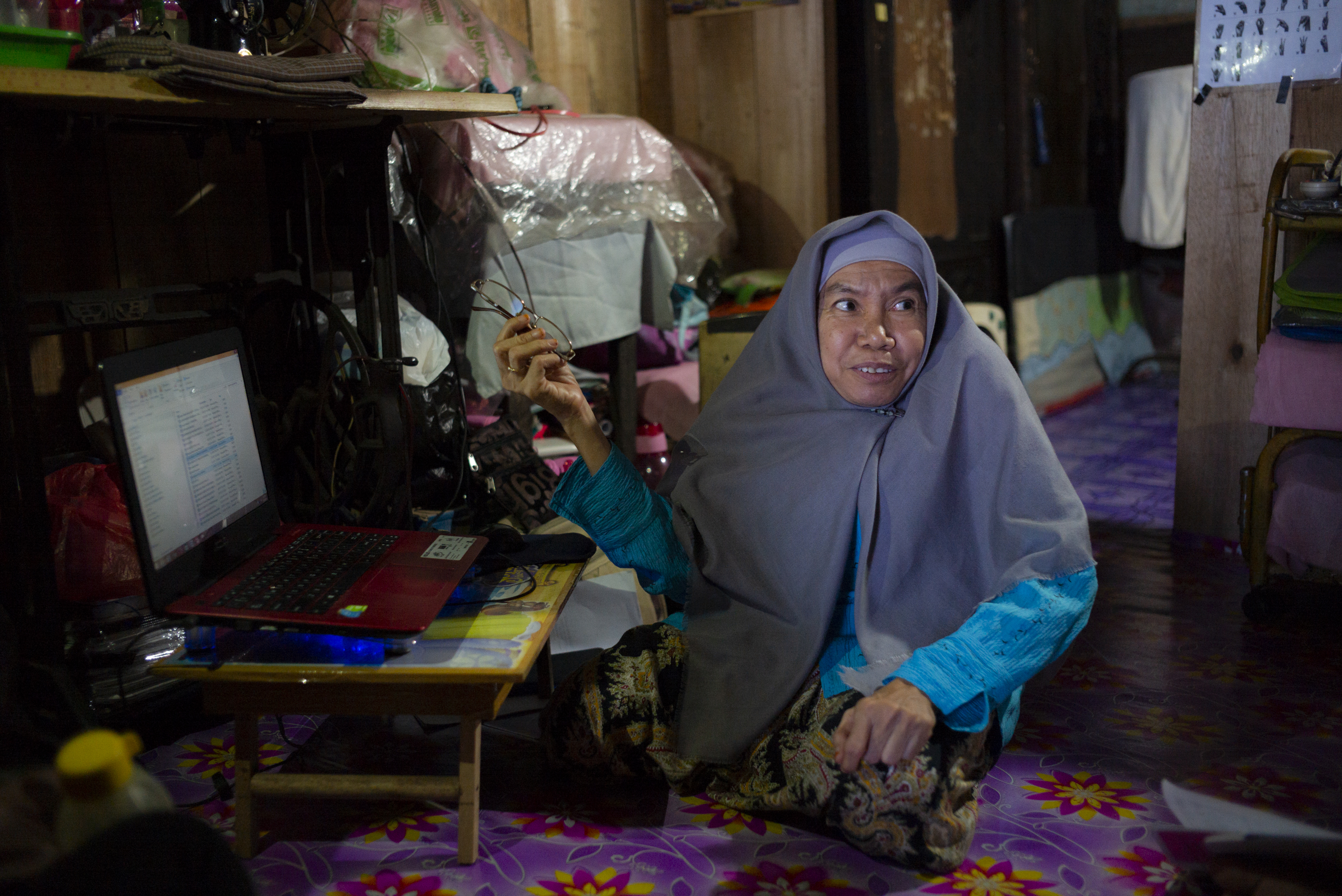
Video: Inclusive Public Space in Kelayan Barat
This video takes a look at the constructed public space in Kelayan Barat. Residents and stakeholders share the experience of designing and constructing the inclusive public space, some of the challenges they encountered along the way and the impact it has had on the community.
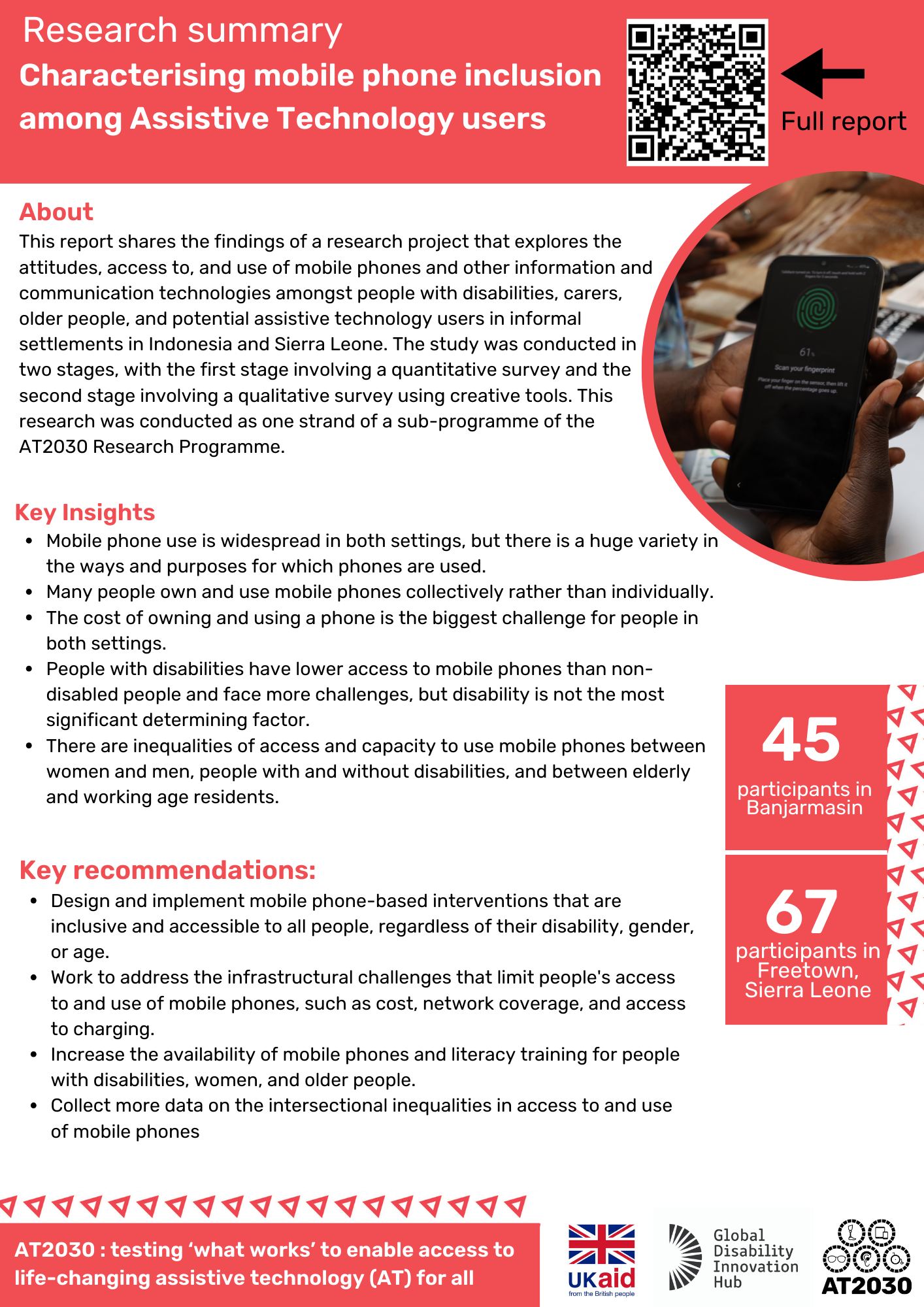
Characterising mobile phone inclusion among Assistive Technology users
This research summary provides key highlights and snapshot content from a major research study on the characterising mobile phone inclusion among Assistive technology users.
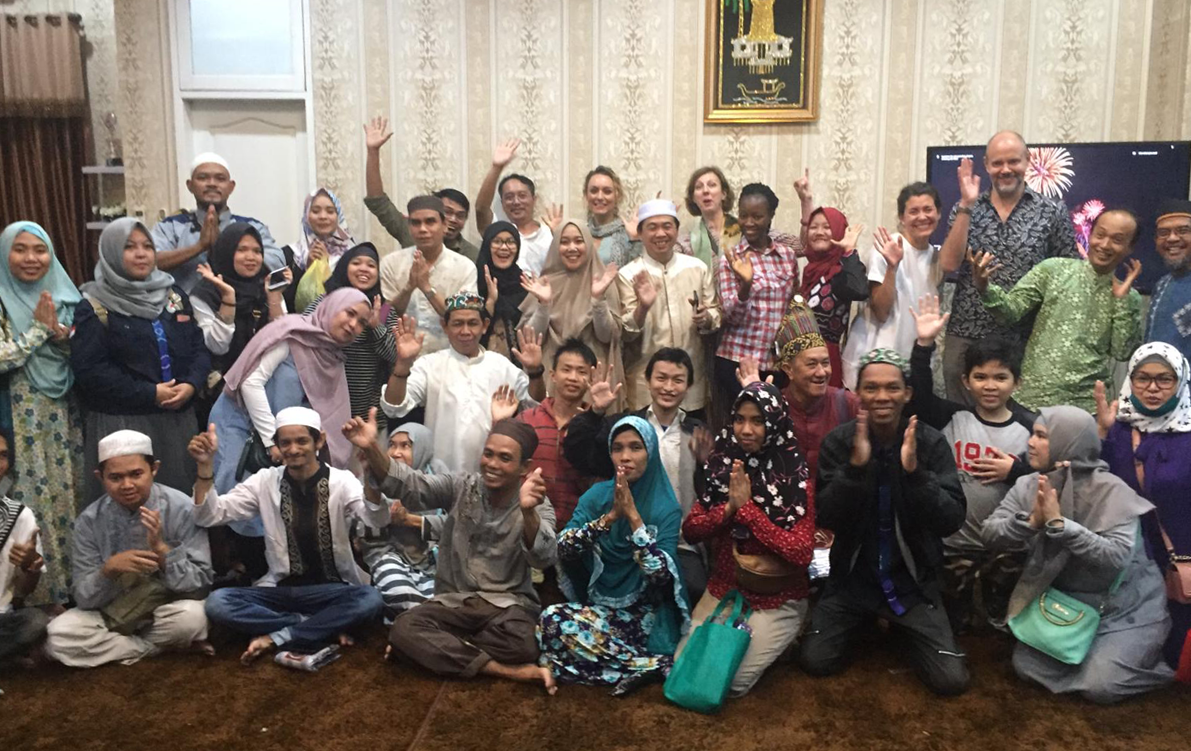
Life Changing Assistive Technology for All in Freetown and Banjarmasin
Hawanatu gives an overview of a two-week workshop held in Banjarmasin in May 2019 with a team from UCL (UK), Kota Kita and Kaki Kota (Indonesia), and SLURC (Sierra Leone) as part of the project. The workshop started with site visits to the two communities (Pelambuan and Kelayan) in Banjarmasin where the AT2030 would be implemented. Participants then introduced useful presentations on the wider AT2030 project, disability, AT and informality between the two countries (Indonesia and Sierra Leone).